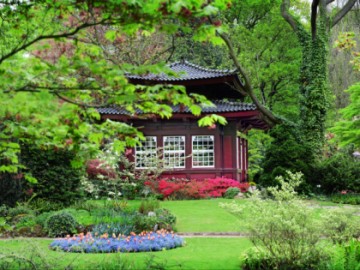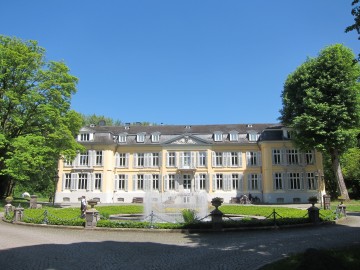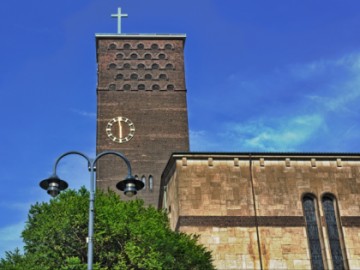Leverkusen has grown from a village called Wiesdorf and known since the XII century. In the second half of the XIX century industrialist Carl Leverkus built a factory in the surrounding area of Leverkusen producing paints and the village gradually became one of the most important centers of chemical industry in the country. Later the inventor of aspirin, pharmaceutical giant Bayer, bought the factory and moved its headquarters here. In 1930 Wiesdorf and three neighboring communities were merged into one city that was named Leverkusen.
Bayer Company became the main enterprise for Leverkusen. It had its impact on the city’s image. The huge logo installed at the headquarters of the “authors" of aspirin is the symbol of the city and the world's largest illuminated sign. BayArena football stadium, one of the modernist in the country, and the football team Bayer Leverkusen took the name of the company. While showing good results in Bundesliga, the team never became Germany’s champion. Its famous natives maintain Leverkusen’s reputation as a sports city: they are former NBA player Detlef Schrempf, boxer Felix Sturm and racing driver Jörg Bergmeister.
However, you should not take Leverkusen as a boring industrial area: there are not only smokestacks here. For example, there is a Japanese garden that is considered one of the most beautiful in the country and a real example of the work of landscape designers. The City Hall is not in an old mansion but in a futuristic building. The townspeople called it a flying saucer because of the roof shape and night illumination. Rathaus-Galerie large shopping center with more than one hundred stores adjoins the City Hall. The small cozy park at the Morsbroich Castle (Schloss Morsbroich) is suitable for walking. The castle is a two-storey house changed into a museum with an exhibition of a postwar art collection, including works by Andy Warhol. Lovers of good music in the city wait for Leverkusener Jazztage international festival held in November every year.
Kölsch light beer is Leverkusen's most popular beer. It is the affect of the proximity of Cologne, which is only 25km from Leverkusen. The city doesn’t have its own production of beer: the only private brewery, Ganser that had worked since 1869, closed in 2000. The snack called Halver Hahn is the best accompaniment to beer in Leverkusen and in the Rhine in general. It is rye bun with cheese, butter and pickles. The local specialties of the Rhine cuisine include Krüstchen - a piece of bread with schnitzel and fried eggs on it and Rheinish roast (Rheinische Sauerbraten) from marinated meat with raisins.
Modest Leverkusen, of course, does not claim to the title of a tourist Mecca of Germany, but proves that even in the industrial center there is something to see, what to do and what to try for dinner!
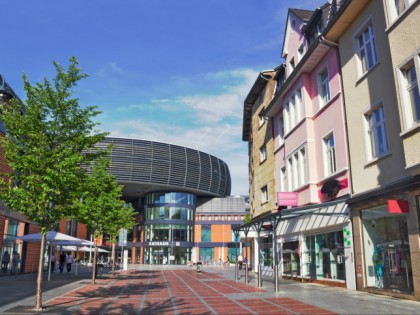
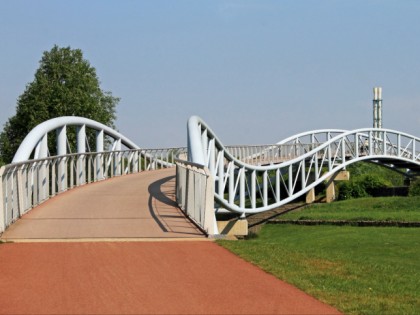
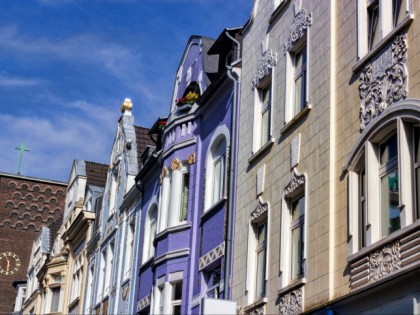
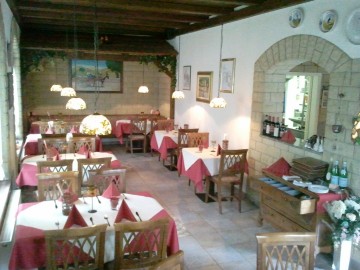
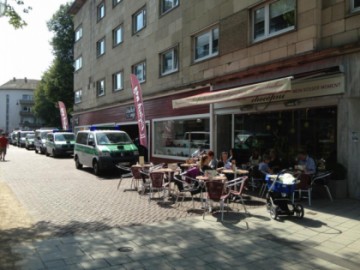
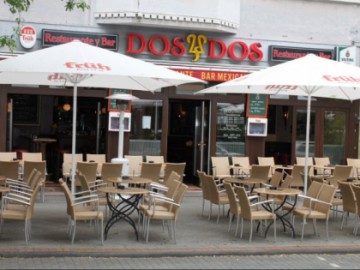
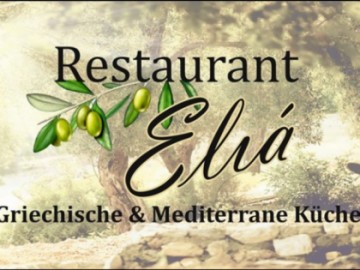
 Castles, Fortresses and Palaces
Castles, Fortresses and Palaces
 Parks and recreation
Parks and recreation
 Museums and Exhibitions
Museums and Exhibitions
 Architectural Monuments
Architectural Monuments
